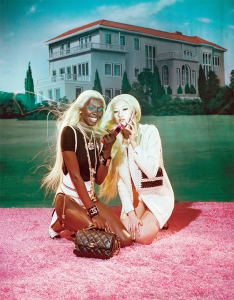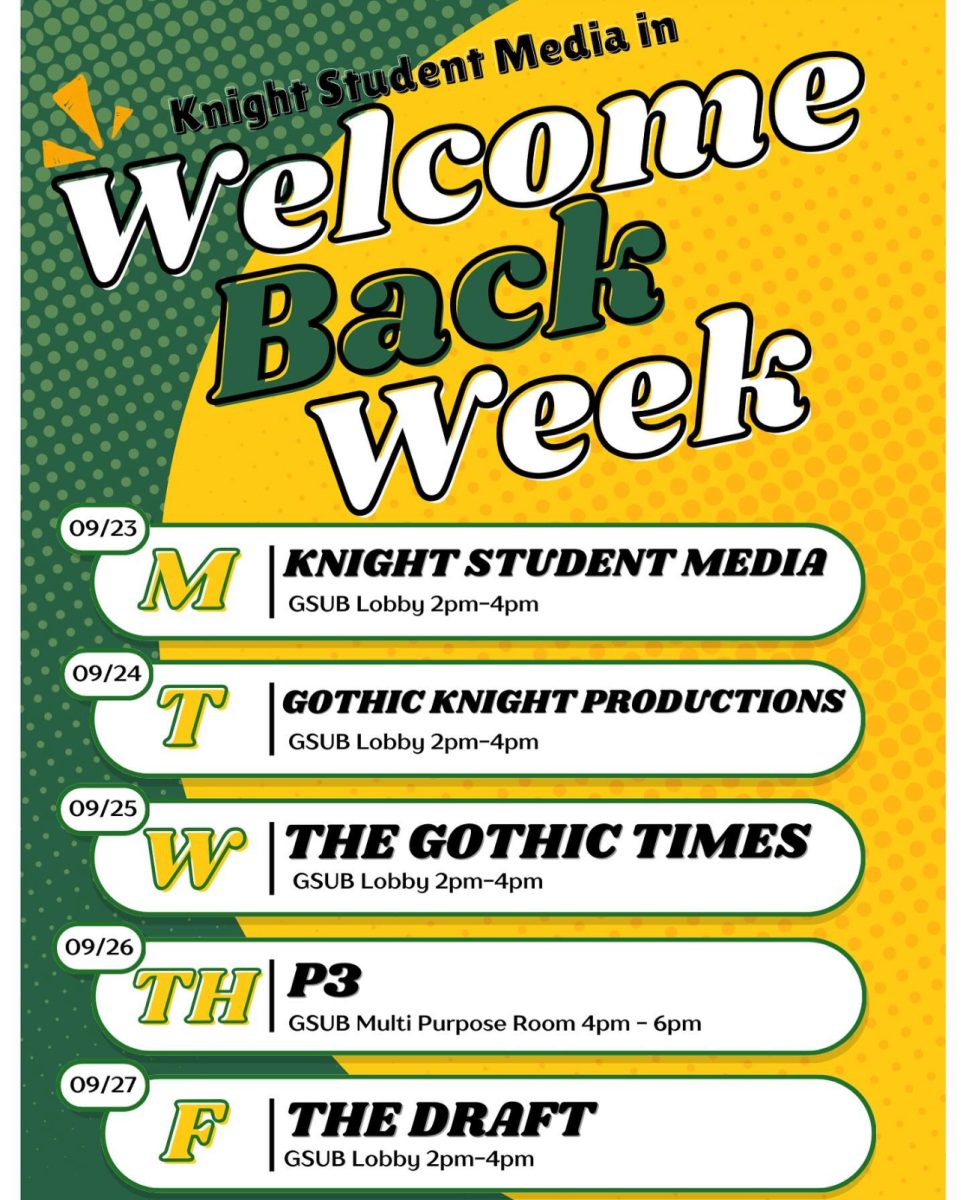Battle for the Acronym:
How a Global Initiative Wrestled McMahon for the Title and Won
July 25, 2016
In February 2002, the English Court of Appeal upheld a ruling made by the English High Court regarding an October 2001 case involving the World Wide Fund for Nature and the World Wrestling Federation. The wildlife conservation group made a formal complaint to the court stating that the company with which they shared the acronym “WWF” with had breached an agreement the two had reached in 1994. The agreement was that the entertainment wrestling company could continue to exist under its operable name but it could not promote itself using the “WWF” monogram.
However, Vince McMahon, owner and CEO of the premier wrestling promotion, continued to use “WWF” to promote the brand. The company was still stamping its famous “scratch” logo on everything from t-shirts to action figures. Then, in 1997, McMahon’s company decided to jump on the still fairly new dot-com bandwagon and created WWF.com; the wildlife conservation group’s site was WWF.org. When the wrestling site launched, the World Wide Fund for Nature took it as a blatant disregard to their arranged agreement. They had finally had enough. At the behest of their lawyers, they decided to take McMahon to court.
The animal friendly group made several key arguments for their case against the entertainment company. First, they maintained that since they were the first to officially register “WWF” in 1961, the rights to the acronym belonged to them. McMahon’s company assumed the acronym in 1979, after he had taken over the company his father had built. McMahon trimmed the name of the company down in an effort to make it more marketable. The World Wide Wrestling Federation (WWWF) became simply the World Wrestling Federation (WWF).
Second, a spokesman from the fund, Michael Ross, stated that the wrestling organization had broken the 1994 agreement not once but “countless, thousands of times.” This meant that every time merchandise bearing the “WWF” logo was sold, every instance the letters WWF were publicly mentioned or displayed in reference to wrestling, the agreement was ignored.
The final argument that the World Wildlife Fund for Nature made was that they didn’t want to chance being tied in any way to the vulgarity that was often associated with the wrestling company. Another spokesman for the organization said “The important thing for us is that we have a valuable and world-recognized trademark and brand name that we do not want associated with violence and low-end marketing.”
The World Wrestling Federation complied with the English Court of Appeal’s ruling shortly after it sustained the case’s original ruling. In 2002, McMahon once again changed the company name, this time to “World Wrestling Entertainment”. Fans immediately took to online forums, lashing out at the court’s decision. Many argued that the only reason the trademark was “world-recognized” was because of wrestling. Although the name had undergone a drastic change, McMahon’s company continued to be extremely successful and retained the prestige of being the world’s most r











